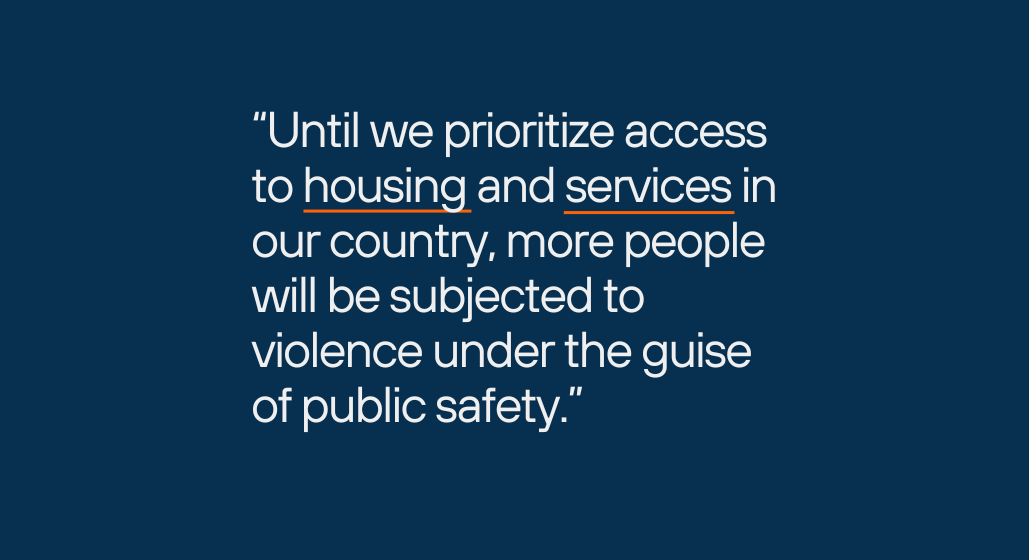Last week in Chicago, CSH hosted a Supportive Housing Leadership Forum titled Managing Costs and Improving Outcomes through Integrated Housing and Health Innovations. The event was meant to highlight the role supportive housing can play in improving health and reducing costs, and to identify concrete strategies and opportunities for integrating housing and health care financing.
Approximately 90 partners attended from across the country, representing hospitals; FQHCs; behavioral health clinics; managed care companies; housing providers; federal, state and local government agency staff; and other supportive housing stakeholders–including CSH board members Linda Rosenberg and Fred Karnas. The day-long event gave people a unique opportunity to network with peers and discuss promising practices taking place throughout the country.
As part of this event, CSH and the Center for Health Care Strategies released a new paper explaining the financial reasons for states to ensure that services in supportive housing are Medicaid reimbursable. The issue brief, Medicaid-Financed Services in Supportive Housing for High-Need, Homeless Beneficiaries: The Business Case, articulates the arguments housing providers can use to engage potential health service agencies partners and explains to services agencies what can be gained by integrating housing into their programs. It also explains the financial gains for states if Medicaid policy accommodates comprehensive services reimbursements for high-need, high-cost homeless populations.
We are excited that several managed care organizations participated in the forum in addition to our traditional supportive housing partners. Representatives explained how health reform and rising health system costs are driving innovation in their organizations, and encouraged supportive housing stakeholders to engage managed care in their work. Moving Medicaid beneficiaries to managed care health plans is often met with concern and apprehension, but it also presents an opportunity to educate managed care organization on the benefits of supportive housing and how they can engage providers to serve a very vulnerable population that’s often difficult to reach.
The Supportive Housing Leadership Forum kicked off a larger conversation that CSH will continue to foster in coming weeks and months. It’s clear that creating intentional connections between supportive housing and health care will allow us to bring supportive housing to a scale that will end homelessness and reduce health system costs.
Sign up for our newsletter to stay informed about the latest news and innovations from CSH.





